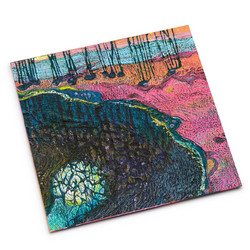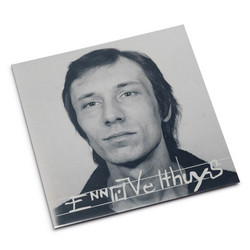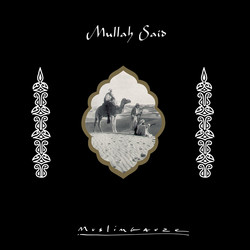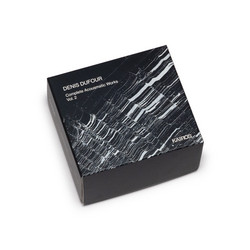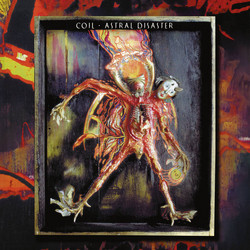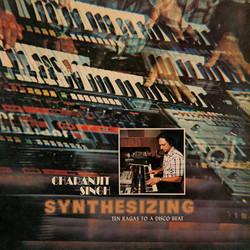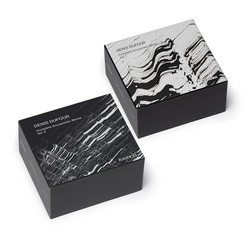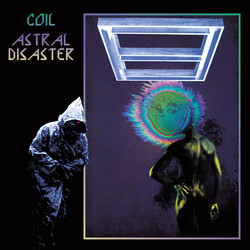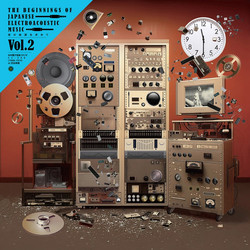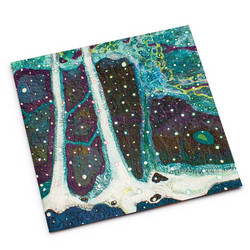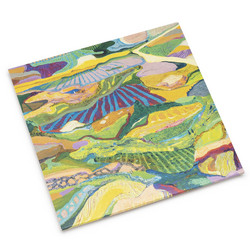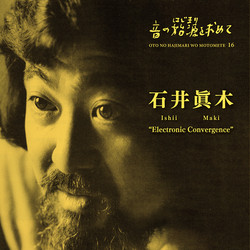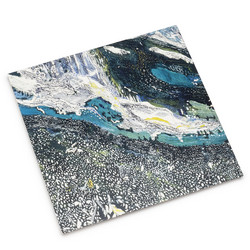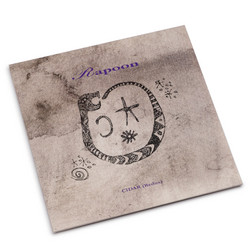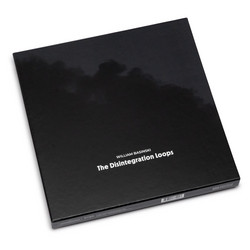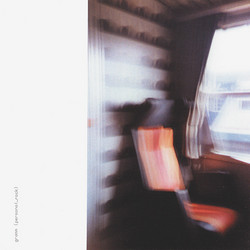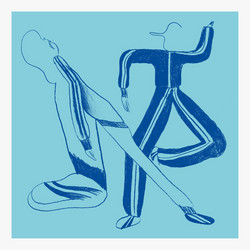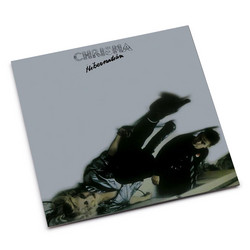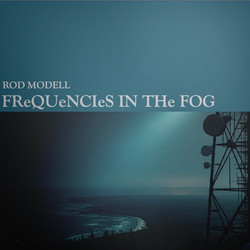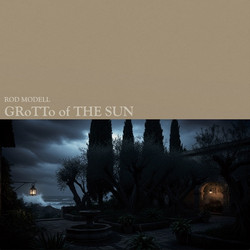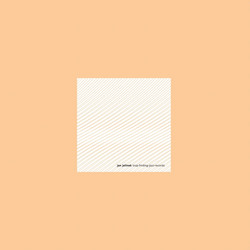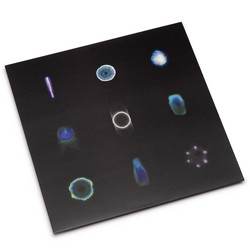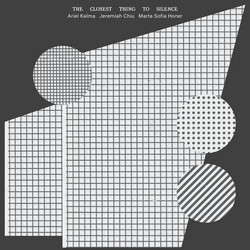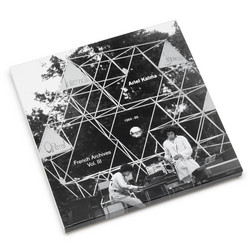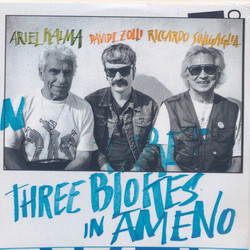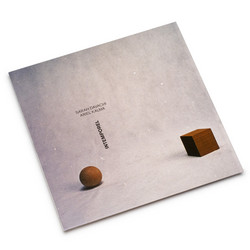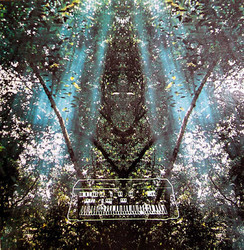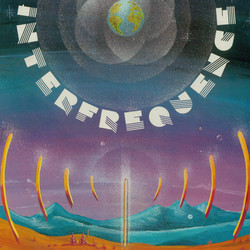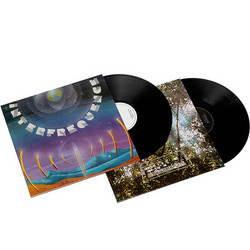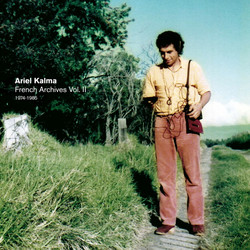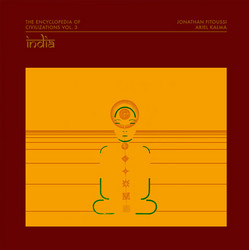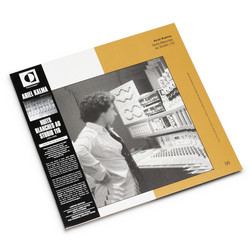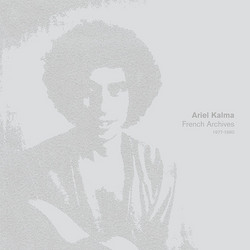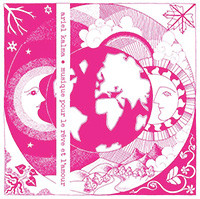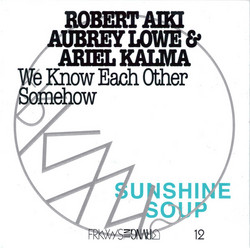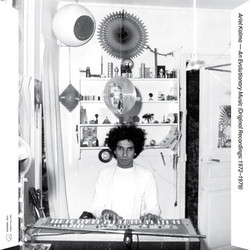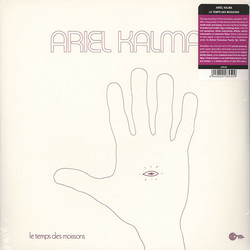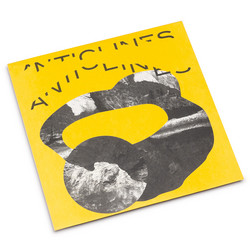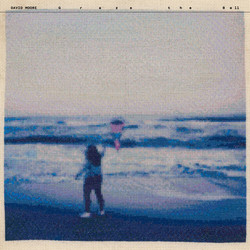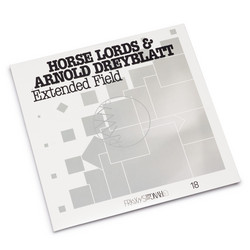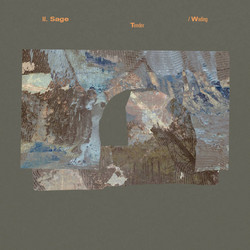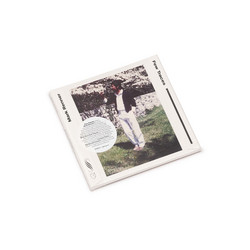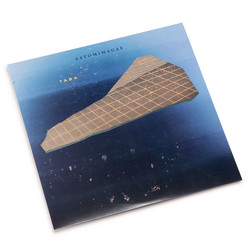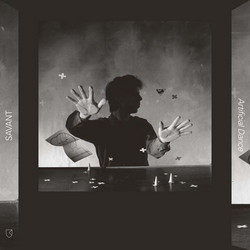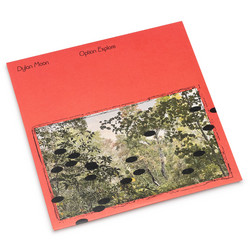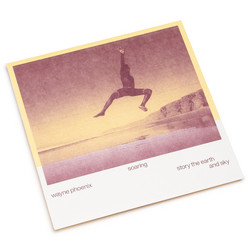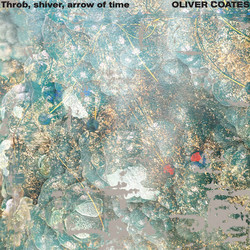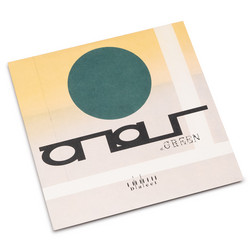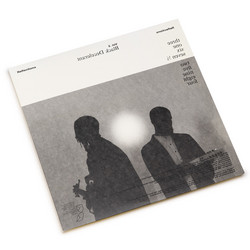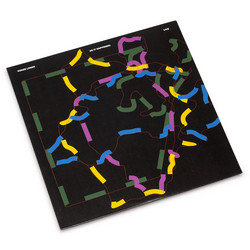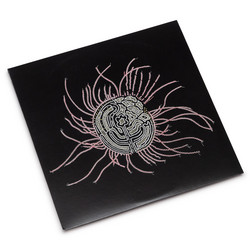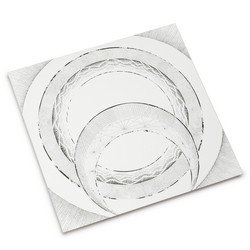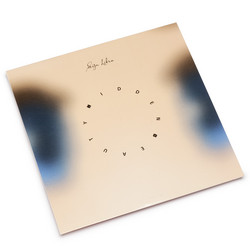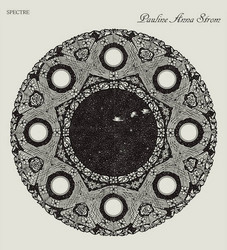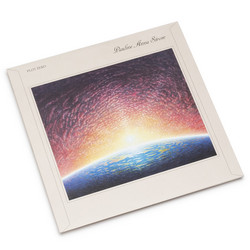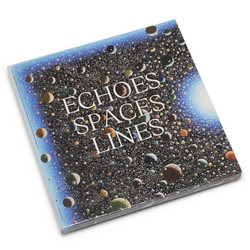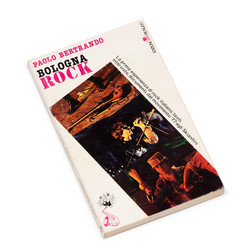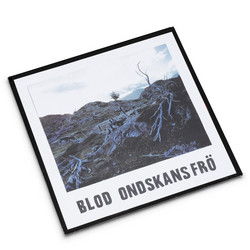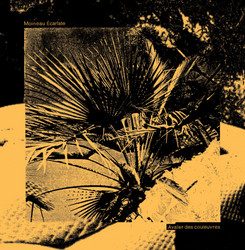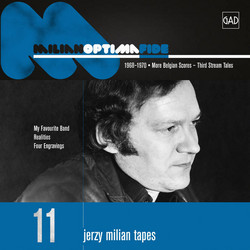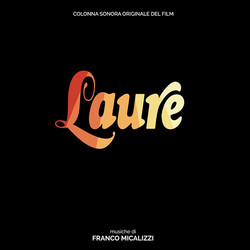Ariel Kalma
An Evolutionary Music (Original Recordings: 1972 - 1979) 2Lp
RVNG seem to be doing an enviable job of unearthing some of the most pre-eminent performers of progressive synthesizer and horizontalist ambient world music and this guy, whose stunning 'Osmose' is rarely off my record deck, is surely one of the most treasured. His work during the 70s is, quite simply, incredibly important to lovers of esoteric spiritual synth music and will leave you with a massive helpless grin and a notable dearth of tension in your muscular system come the climax of any journey you take with him.
"Tracing the trajectory of French-born musician Ariel Kalma does not yield a straight path. Which makes sense for an artist prone to world travels and crafting a strain of music that acts as a peregrination through numerous musical forms of the late 20th century: free jazz, progressive rock, drone, tape-loop based minimalism, electroacoustic composition, field recordings, new age meditations, and more. His name crops up as a sideman for the likes of bossa nova guitarist Baden Powell, Belgian pop crooner Salvatore Adamo, and prog rock guitarist Richard Pinhas, while his own recorded works are ludicrously rare, released in small batches that now fetch astronomical sums online. Saying that Ariel Kalma is underappreciated isn’t quite right in that most of his work remains unheard.
As is their wont, RVNG Intl.’s reassessment of Kalma seeks to correct that imbalance, not by just reissuing such rarities as 1975’s Le Temps des Moissons or the strange hybrid of jungle field recordings and body-elevating drones on 1978’s Osmose, but by encouraging the composer himself to unlock old boxes of tapes and reevaluate whatever little treasures were left behind. So while much of Kalma’s released music aims towards the infinite, with compositions taking up the entire side of vinyl records and often surpassing the nine-minute mark, An Evolutionary Music is rather concise: 15 of the 17 tracks are under seven minutes while two of the standouts are also the longest.
Kalma’s bio—as detailed in the liner notes—finds him aligned with similarly-minded musical travelers. At one point, he worked at Paris’s iconic INA-GRM Studio, the birthplace of 20th century electronic music. Busking on the streets of New York City in the 1970s, he encountered another world music fuser in Don Cherry and also came into contact with American minimalist Terry Riley. Those two might be the closest comparisons for Kalma’s own music. In 1971, Kalma—already having picked up flute and saxophone—acquired a reel-to-reel tape machine and holed up in his Montparnasse flat, began making home recordings that explored tape feedback, echo, and his own voice. Some of these earliest recordings, like "Les Mots de Tous Les Jours (Rêves Etranges)" and "Les Etoiles Sont Allumees" appear here, short and exploratory, interesting primarily for what they indicate lays ahead.
Similarly succinct as these spoken word pieces, "Enuej Elleiv" hints at Kalma’s fusion of free jazz, experimental electronics, and the timbre of esoteric instruments from around the world. Kalma plays harmonium and saxophone and takes collaborator Dominique Regef’s hurdy-gurdy and sends it through an extreme amount of phase, giving the song a phantasmal, shifting sound that carries you far afield in under three minutes. His work with primitive drum machines also provides for interesting fragments like "Chase Me Now" and "Voltage Controlled Wave".
"In 1974 and 1975 I had some very strong experiences of oneness with the universe." So Kalma is quoted in Evolutionary Music’s liner notes and his travels took him through India, Afghanistan, Turkey, and Israel, where he picked up strange stringed instruments and mastered the art of circular breathing. That latter technique dilated the range and duration of his horn improvisations. With his never-ending horn drones in motion with his own tape machine, he began to find a peaceful, unmoored sound. Some of these early combinations appear here as "Almora Sunrise", while the expansive 10 minutes of "Ecstasy Musical Mind Yoga" show him the French equivalent to Riley’s all night flights.
Some pieces seem promising in their mesmerism, but don’t hang around long enough to fully take effect, instead coming across as detours rather than full-fledged trips. Kalma’s own "Love and Dream" reminds me of Laraaji (another such cosmic artist recently reassessed) but in a smaller dosage. Only on the 19-minute tapestry "Yogini Breath", which Kalma developed for use with a friend’s breath therapy work, does the true scope of his sonic vision come into full view. Powered along by struck bells and the sound of the incoming tide, veil-like layers of sound accrue: a chorale of wordless chants, a ticking drum machine, thrumming bass, and more bells. Kalma weaves them all together into something dense, kaleidoscopic and weightless at once, a magic carpet ride." Pitchfork
Comes with printed innersleeves and a 24 page booklet containing liner notes and photo's.
Download code included.
Different track order to CD
